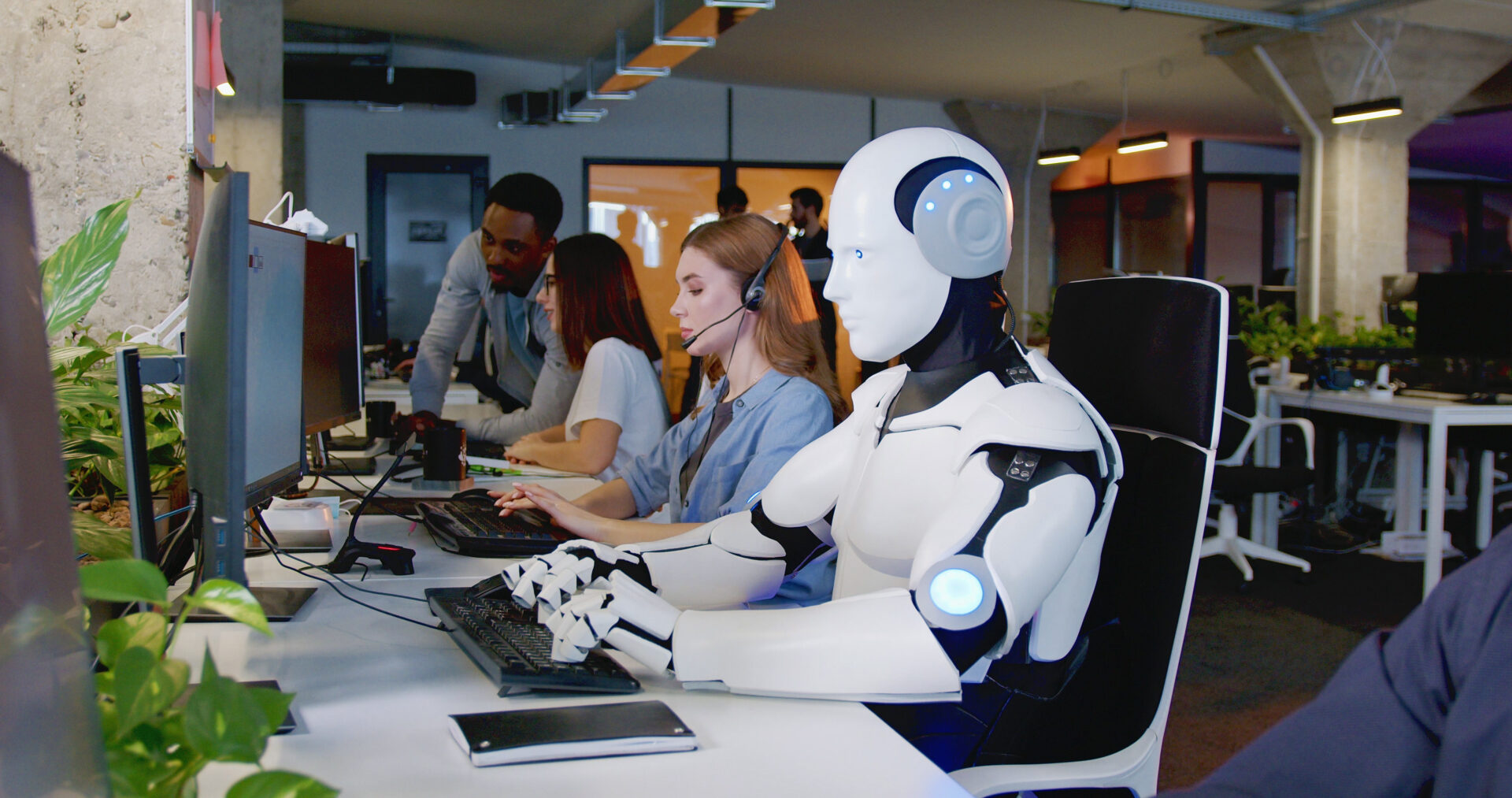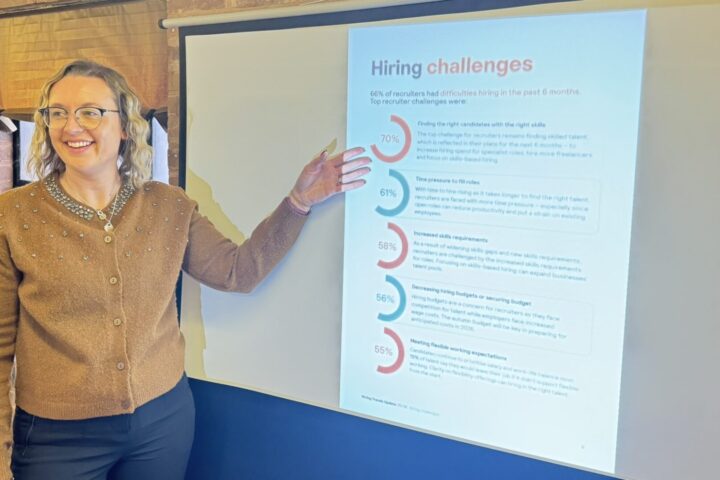85% of British workers thought artificial intelligence (AI) was replacing entry-level jobs, according to a survey from HiBob.
Nearly three-quarters of HR professionals said they had managed to hire graduates straight into high-level roles, bypassing the usual entry-level jobs, thanks to AI.
38% of HR professionals said automating routine tasks let entry-level staff focus on more strategic or analytical work, and 24% said AI had cut down the years of experience needed for entry positions.
Nearly half said these roles now needed stronger technical or digital skills, and a quarter said entry-level roles had become more complex or covered more ground than before.
15% said skills-based qualifications were now less important when hiring for entry-level jobs.
35% of workers said they did not think graduates would be able to skip entry-level positions and take on more advanced roles.
Over half advised gaining hands-on experience, even outside their ideal field, and 40% said building strong soft skills was key.
Meanwhile, 30% suggested training that did not need a degree but would help employability.
Workers listed customer service and support (43%), admin support with a focus on human interaction (42%), and hospitality and event support (40%) as early career jobs they thought would stay ‘viable’ or even grow, despite more AI.
Ronni Zehavi, CEO and co-founder at HiBob, said: “The idea AI will replace half of all entry-level jobs is overstated.
“There is no doubt AI is taking on many routine tasks typically linked to junior roles, but that doesn’t mean those roles are disappearing – they just look different.
“AI doesn’t operate effectively without a level of human oversight, and I would argue that it’s those who know how to use it effectively who will take jobs from others.”
Zehavi added: “Employers have a responsibility to train their people, not only to boost productivity but to prepare them for the future of work.
“The businesses empowering workers with AI skills – whether they’re just starting their career, or already well established professionals – will outpace those cutting entry-level jobs and making redundancies in the name of AI adoption.
“AI doesn’t replace people; it allows them to do more with more.”
Research also showed that only 24% of workers said they used AI tools regularly in their daily jobs. 48% used AI for specific tasks, while 27% had not used it at all.
83% of workers said their existing skills had become more important over the last three to five years, despite more AI and automation.
64% of HR professionals said they were using AI to train employees, including providing adaptive learning experiences, automating admin tasks, and personalising learning paths.
Zehavi said: “While HR teams are leveraging AI to evolve employee skills, our latest research indicates significant work needs to be done to drive adoption across UK businesses.
“As threats of AI taking jobs persist, many remain too afraid to explore AI and how it could benefit their jobs and indeed their whole careers.
“In addition to providing training, HR teams need to be AI champions in the workplace.
“By repositioning AI as a tool, rather than a threat, employees will be able to focus on what makes them truly human.”

















